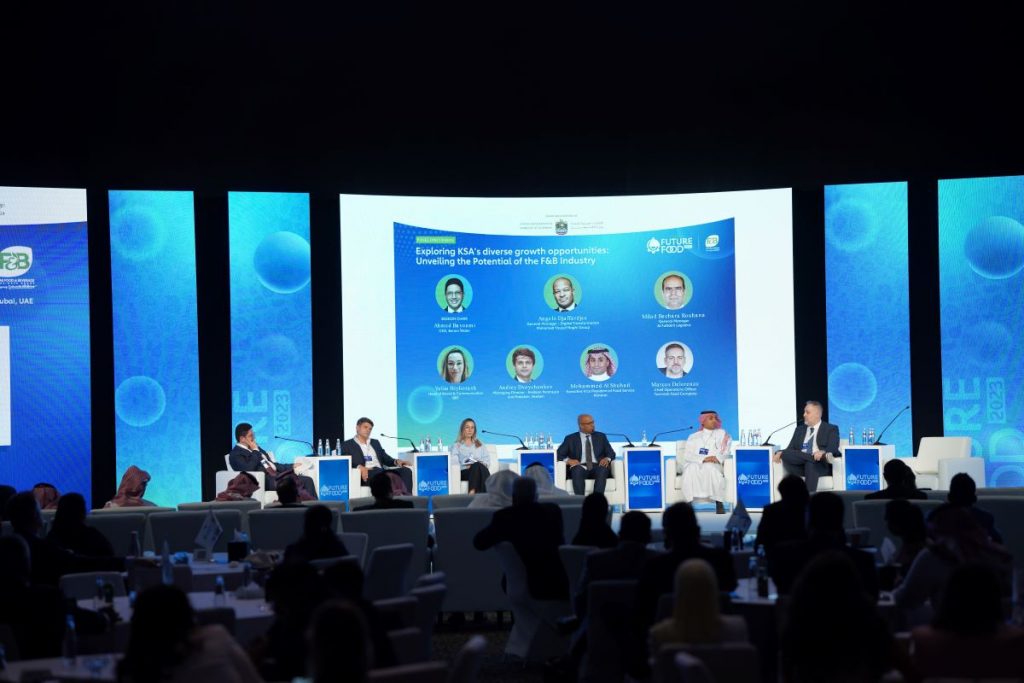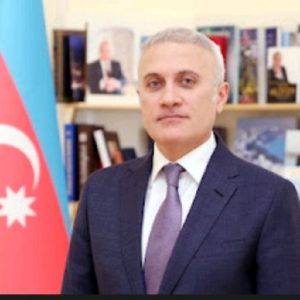 Jakarta, Wednesday 6 July 2022: The National Committee for Islamic Economy and Finance (KNEKS) in Indonesia organised on Wednesday 6 July 2022 the halal pharmaceutical and healthcare ecosystem industry forum. The main objective of the forum is to educate halal pharmaceutical and healthcare stakeholders on the importance of access to halal certified pharmaceutical and healthcare products.
Jakarta, Wednesday 6 July 2022: The National Committee for Islamic Economy and Finance (KNEKS) in Indonesia organised on Wednesday 6 July 2022 the halal pharmaceutical and healthcare ecosystem industry forum. The main objective of the forum is to educate halal pharmaceutical and healthcare stakeholders on the importance of access to halal certified pharmaceutical and healthcare products.
Mr. Wempi Saputra, Assistant to the Minister of Finance for Macro Economy and International Finance, shared in his opening speech the importance for Indonesia to become a leading producer of halal pharmaceuticals.
Dr. Nila Windasari from the School of Business & Management, Insitut Teknnologi Bandung, presented her research findings on the market preferences on Sharia hospital services. Although the most critical factor for hospital selection is the doctors and insurance coverage, Sharia services have the potential to become a preference over tangible infrastructure for Muslims.
The international webinar continued with two panel discussions, namely on: (1) key drivers in sustaining the development of halal pharmaceuticals; and (2) investment opportunities in the halal pharmaceutical and healthcare ecosystem.
In the first panel, moderated by Mr. Afdhal Aliasar (Director KNEKS), there were three speakers: Ms. Roziatul Akman Osman (Principle Partner, Rozi Osman International PLT), Mr. Rahman Roestan (Operational Director of PT Bio Farma), and Dr. Ilma Nugrahani (Head of halal study centre, Insitut Teknnologi Bandung). Ms. Roziatul stressed on the importance of halal built in or also known as halal by design. According to her halal certification starts from top management, and to make sure that halal knowledge is anchored throughout the organisation. In terms of priority of halal certification she prioritizes health supplements and over the counter medicines over prescription based medicines.
Mr. Rahman stressed that the main issue in halal pharmaceuticals is the ability to source halal (certified) raw materials, which is dependent on supply from non-OIC countries. For the success of halal pharmaceuticals and healthcare a supply chain approach is needed and control of raw material supply. According to him the top priority is to develop raw material supply in Indonesia. Second, collaboration with universities and research institutes will also be important. Thirdly, harmonisation of criteria for halal vaccines and medicines is needed globally.
According to Dr. Ilma, universities play a big role in the development of raw materials for pharmaceuticals. Indonesia has a particular strength in plant-based materials. However, she stressed the importance of increase resources and funding for research in halal pharmaceuticals and healthcare.
In the second panel, moderated by Mr. Afdhal Aliasar (Director KNEKS), there were three speakers: Mr. Onky Martha (VP Business Development, PT Jababeka), Dr. Marco Tieman (CEO LBB International), and Dr. Nurundin Ting (Managing Director, Barakah Taiwan Halal Hub Co. Ltd). Mr. Onky presented about the Jababeka industrial park development in Indonesia, which is planned for 2024. He shared insights into the planning of the halal park and importance for Indonesia. He foresees the halal park an important corner stone for Indonesia’s halal pharmaceutical and healthcare ecosystem.
Dr. Marco Tieman shared that the covid pandemic fast-tracked the demand for Shariah compliant vaccines, medicines, and healthcare services. In order to reduce the dependence on non-OIC countries for sourcing of medicines and vaccines, important is for OIC countries and Indonesia in particular to manufacture halal raw materials for halal pharmaceuticals. He also share more insight into Modern Halal Valley, a 500 hectares halal cluster development in Indonesia near Jakarta. This development is based on a cluster approach which is supported by a cluster management organisation and halal cluster network connecting halal cluster locally, regionally, and internationally.
Dr. Nurundin Ting confirmed in his talk the advantage Indonesia has in herbal medicines and medicinal plants. All three speakers agreed that collaboration among halal clusters within and outside Indonesia will be critical. Dr. Nurundin has already signed an MOU with Modern Halal Valley back in 2019 to collaborate between Barakah Taiwan Halal Hub and Modern Halal Valley in Indonesia. He is looking to expand the areas of collaboration further. Dr. Marco Tieman recommended Indonesia to conduct a halal pharmaceutical and healthcare cluster country study in order to understand the focus of the halal pharmaceutical and healthcare cluster to be developed in Indonesia. Special incentives will be required to attract and develop halal cluster anchors.
The industry forum organised by KNEKS was broadcast on both zoom and YouTube, very well attended, and will certainly contribute to Indonesia claiming a leadership position in the halal pharmaceutical and healthcare industry.
Dr. Marco Tieman is the CEO of LBB International, a supply chain strategy consultancy and research firm, advising companies and governments on halal production, clusters, supply chain management, and risk and reputation management. He is also a Senior Fellow with IPMI International Business School in Indonesia and a Research Fellow with University of Malaya Halal Research Centre in Malaysia, conducting research on halal procurement strategy, halal supply chain management, and halal risk and reputation management. He is the author of ‘Halal business management: a guide to achieving halal excellence’.



